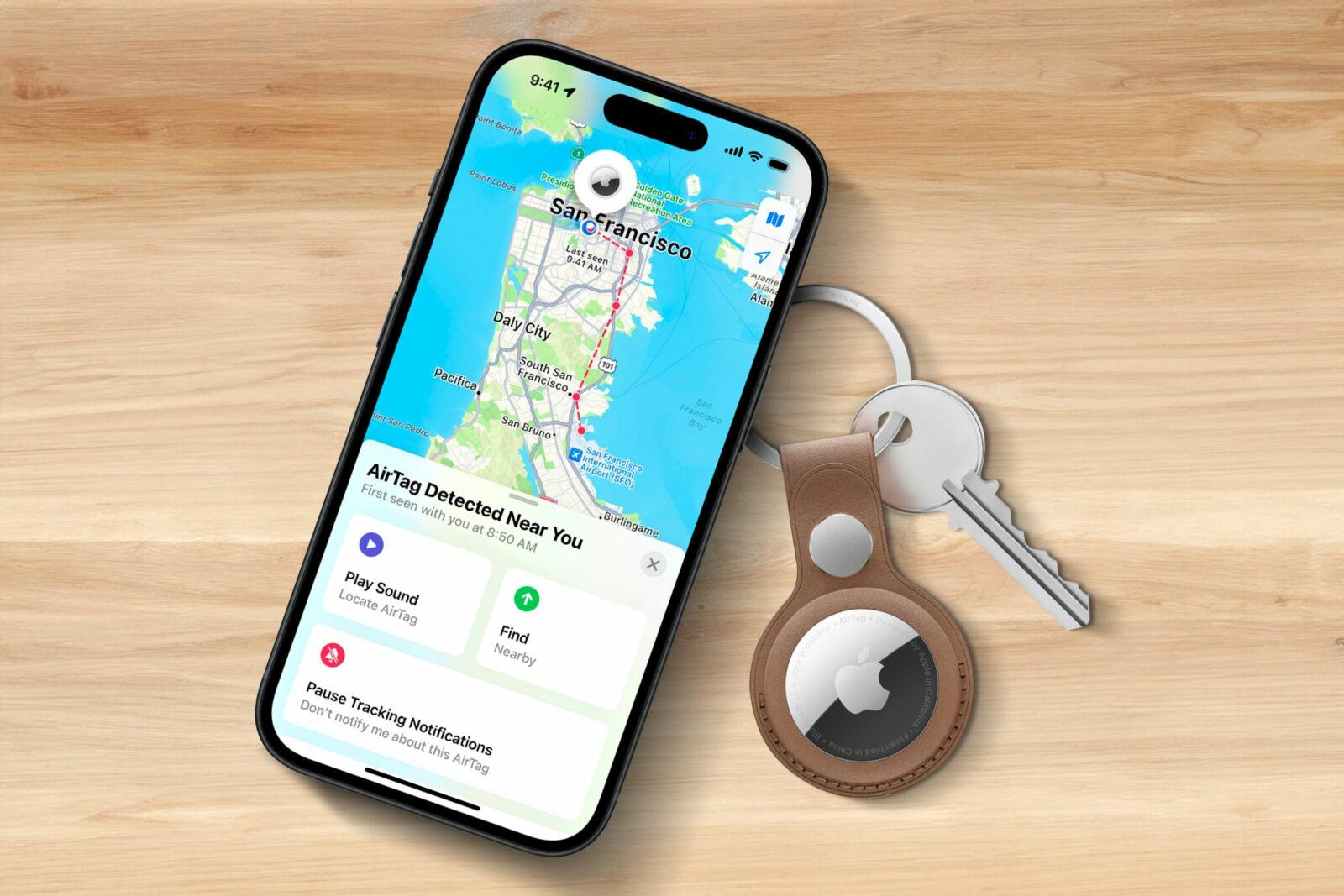T-Mobile, Verizon, and AT&T Illegally Shared Phone Location Data
The FCC is fining all three carriers for sharing location data without customer consent.
Your location should only be accessed by you, and perhaps by other people if you choose to consent to that or send it to them directly. Unfortunately, many companies would prefer to collect that data to sell it. That’s exactly what major carriers have apparently done, and that’s why the FCC is fining them millions of dollars.
The Federal Communications Commission (FCC) has levied fines totaling nearly $200 million against major US mobile carriers for allegedly unlawfully sharing customers’ location data without consent. The FCC’s investigation revealed that carriers sold access to customer location information to intermediaries who, in turn, sold it to third-party location-based service providers, effectively bypassing consent requirements. Despite being alerted to the issue, the carriers reportedly failed to restrict access to this data adequately.
T-Mobile received the largest fine of $80 million, followed by AT&T at approximately $57 million, Verizon at around $47 million, and Sprint, which merged with T-Mobile during the investigation, at $12 million—this brings T-Mobile’s total bill to $92 million. It should be pointed out that T-Mobile’s and Verizon’s fines were lower than initially proposed by the FCC due to their responses to the agency’s original notice.
The FCC initiated the investigation after media reports, notably a 2019 article by journalist Joseph Cox for Motherboard. Delays in the FCC’s final decision stemmed from internal agency deadlock until a fifth commissioner was confirmed.
Still, it’s a lot of money, and as you might be able to guess, appeals are planned. We know for a fact that at least AT&T and Verizon both plan to appeal the FCC’s decision. AT&T’s spokesperson argued to The Verge that the action unfairly holds them responsible for another company’s violation and disregards their efforts to rectify the situation promptly, saying that the fines “lack both legal and factual merit.” Verizon’s spokesperson, on the other hand, contends that the issue revolves around an outdated program terminated years ago and asserts the FCC’s decision is flawed in both fact and law, pointing out that the company stepped in quickly when “one bad actor gained unauthorized access to information relating to a very small number of customers.”
“Tech Bargains Galore: Where Innovation Meets Affordability!”






